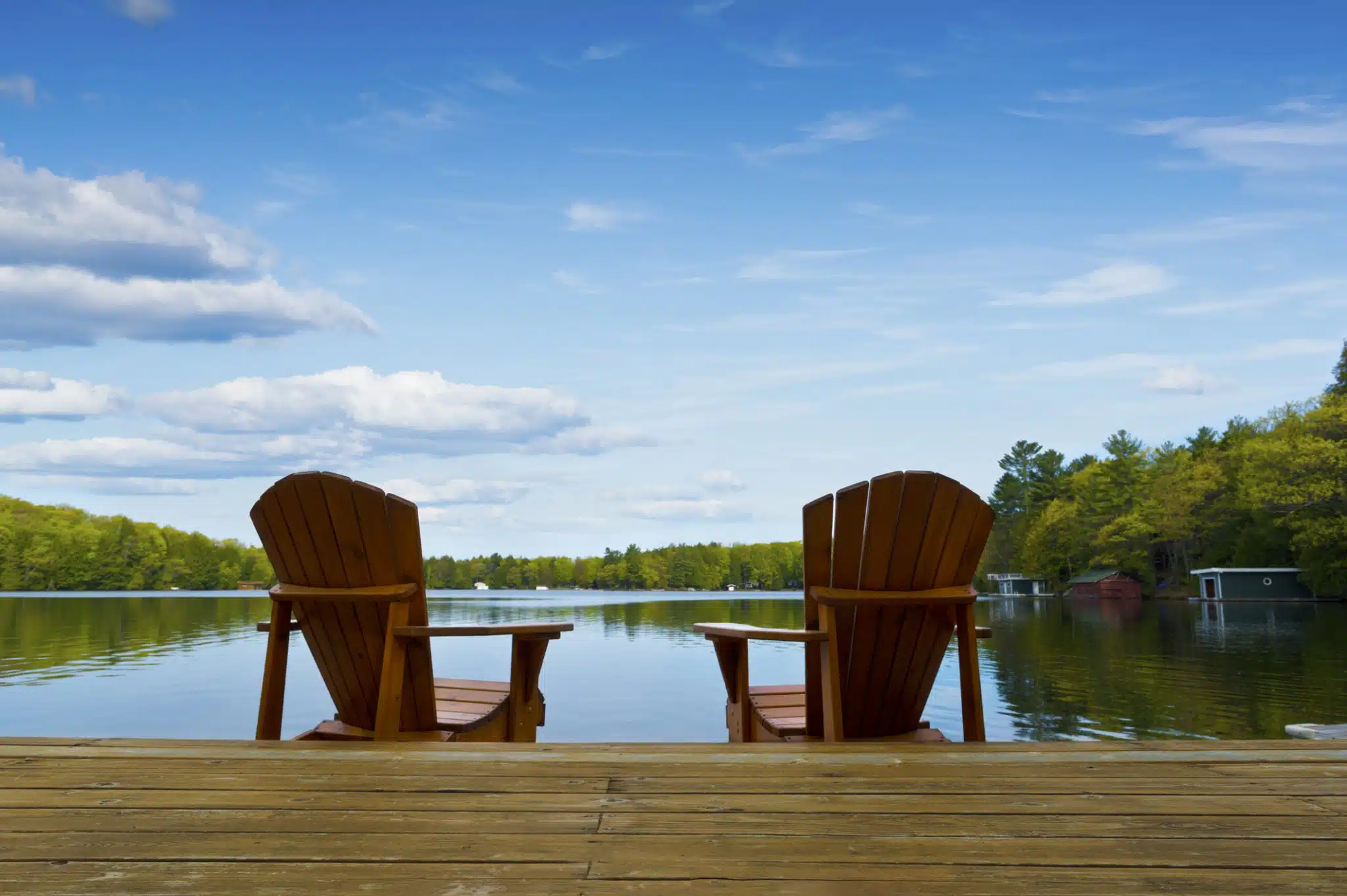The dog days of summer are finally here and for many of us, this is prime cottage season. A cottage property is a common asset for many in Ontario, however, one could argue that no other asset has the potential to cause so much trouble later on. As the name suggests, a “family cottage” is an asset which everyone in the family – regardless of actual ownership or not – has an opinion about.
Purchasers and/or owners of cottage property in Ontario need to consider a number of very important issues surrounding cottage ownership as most individuals are not familiar with the complexities involved with cottage ownership. Specifically, on cottage related dealings it is advisable to obtain the necessary legal (tax, family and/or estate planning) and accounting advice to help avoid potential consequences and pitfalls.
If you own a cottage, here are a few important things to consider:
Taxes and the cost at death
Canadians, whether single or married, are generally entitled to one “principal residence exemption,” which means that they can shelter only one residence from capital gains tax. For many, a cottage is not the only property they own and it is likely that capital gains tax will be payable, on the sale to a third party, on a transfer to a family member or on the death of the sole owner. Sometimes clients “gift” the cottage to their children and assume because they didn’t receive any money for the gift there is no tax to pay. That is not the way CRA looks at it. Similarly, if the cottage is bequeathed to the next generation by will and there is insufficient cash in the estate to pay the expenses and the tax then the cottage would need to be sold to pay the expenses of the estate.
Co-ownership can be difficult
For many people, passing on the family cottage seems to be a natural progression in the life of the property. If you want to leave your cottage to all of your adult children (minor children are another topic of discussion), then you should strongly consider only doing so if they enter into a “co-ownership agreement.” A co-ownership agreement might deal with important topics like, scheduling who gets to use the cottage and for how long, rules for guests and pets, responsibility for repairs and/or maintenance, bill payments, mechanism for dealing with co-owners voluntary or involuntary desire to dispose of their interest due to default, death, divorce or bankruptcy.
In the event that those involved cannot agree on the terms of a co-ownership agreement or the process may be too long and drawn out, you may consider specifying that if no co-ownership agreement is signed within, six (6) months after your death, for example, then the property must be sold to a third party or, provide for options to purchase with strict timelines.
Cottage trusts
In planning for cottage succession, one option may be to place the cottage into a trust. If the cottage owner(s) is alive, it would be an “inter vivos trust” or upon the owner(s) death, a “testamentary trust”. A trust is a separate taxable entity and will have reporting obligations.
A testamentary cottage trust under the will is one approach to consider if it is important for the current owner(s) to keep the cottage in the family and to minimize conflicts among the potential beneficiaries. Within the terms of the trust, you can stipulate much of the same terms as you would in a co-ownership agreement. Furthermore, a testamentary cottage trust can also stipulate the process by which the cottage should be sold if the beneficiaries choose to do so, including specific valuation procedures, in the event the buyout is by a beneficiary.
It is important to note that there’s a “deemed disposition” of capital assets every twenty- one (21) years within discretionary trusts. This means that the capital gains tax mentioned above needs to be paid every twenty-one (21) years. If the funds are not available to pay the taxes, the cottage itself may need to be sold.
Another consideration for trust is that it is also now quite difficult to use the “principal residence exemption” for cottage properties held in trust unless strict requirements are met. Tax advice should be sought before any sort of trust is used.
Family conference
Planning for the family cottage should ideally start with a family conference with those individuals currently involved in the cottage and those who may be involved in the future. It is a time to discuss and create a shared plan on how to deal with the cottage now and in the future. Most importantly, discuss who wants to be involved and what does that really mean. Issues to be canvassed might include scheduling, how expenses are covered, cleaning and landscaping, renting to non-family members, management responsibilities, future development and dispute resolution. You might also talk about future ownership.
Conclusion
If you are considering cottage property ownership, or already own your “weekend getaway”, it is important that you’ve considered implications beyond the ownership and enjoyment of the cottage property itself. There are significant tax considerations, estate and succession planning implications, and other family and/or trust scenarios that should be discussed or at least considered so that cottage ownership can be as relaxing as it is supposed to be now and for generations to come.
This blog post was written by Diana Tebby, a member of the Real Estate and Wills and Estates teams. She can be reached at 613-369-0384 or at diana.tebby@mannlawyers.com.








